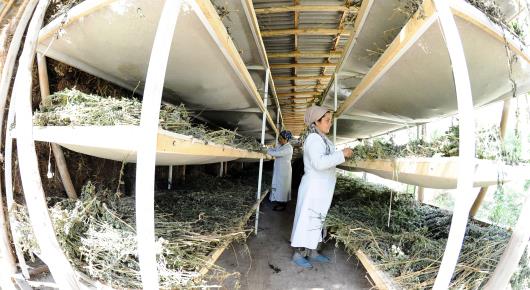How are cooperatives treated in today’s post-Soviet countries?

Cooperatives are a relatively recent business model, dating back only to the 1840s, but their short history has been full of twists and turns. Today, in countries once part of the Soviet Union, cooperatives operate under a wide variety of laws, regulations and tax codes.
Now those laws, civil codes and taxation regimes have been collected and published online by the UN Food and Agriculture Organization (FAO).
In the new Overview of legislation: Cooperatives in the post-Soviet countries, documents are available for the following twelve countries: Armenia, Azerbaijan, Belarus, Georgia, Kazakhstan, Kyrgyzstan, Moldova, Russian Federation, Tajikistan, Turkmenistan, Ukraine, and Uzbekistan.
Complementing these documents are four expert essays, analyzing the legal and tax environment in which cooperatives currently operate. Topics are:
- The conceptual framework for agricultural cooperatives in post-Soviet countries
- Regulation of agricultural cooperatives in the civil codes of post-Soviet countries
- Cooperative laws in the post-Soviet countries
- Taxation of cooperatives in post-Soviet countries.
“Cooperatives suffered reputational damage as a result of the Soviet period, becoming confused in people’s minds with collective farms and other state-supervised agricultural entities,” said FAO senior economist David Sedik who led the project and oversaw development of the analytical works.
“This inventory and analysis of the environment in which cooperatives currently operate in these countries is unique,” Sedik said. “Now policy makers and experts can read and compare what is happening across the region, and learn from one another.”
All legislation published in the FAO Overview is in Russian. The analytical essays, however, are available in both English and Russian.
25 September 2017, Budapest, Hungary
